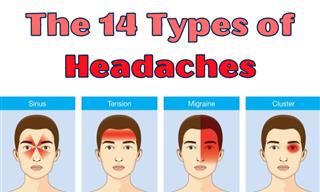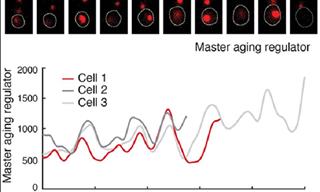Dementia affects millions of families across the world. It's a challenging condition where aging individuals gradually lose memories and abilities. With this distressing decline in health, families make every effort to provide care, yet this is an expensive and often fruitless endeavor. Regardless, dementia is a high-priority field of medical research.
Related: These Common Antidepressants Could be Causing Dementia!
Fortunately, there's reason for hope. A new study, funded by the National Institute on Aging and published in the Proceedings of the National Academy of Sciences, found a significant drop in dementia rates among people aged 65 and up, despite persistent inconsistencies.

The research team used data from a group of over 20,000 adults to analyze cognitive tests and clinically diagnosed dementia rates. After analyzing trends from 2000 to 2016, they discovered a significant decline in age-adjusted dementia prevalence rates, which fell from 12.2% to 8.5%.
This decline of 3.7% is a significant improvement and will be welcome news for the large portion of the population that is in the 65-plus age group worldwide. It is interesting to note that the fastest decline occurred in the first four years surveyed, between 2000 and 2004. Although there has been an improvement across all races, genders, and classes, not all groups have experienced the same level of progress.
Despite a more pronounced decline in prevalence rates among women, they still maintain higher rates overall. Similarly, black males saw a higher decline in prevalence rates than white men, but their overall prevalence remained high. Essentially, societal inequities appear to reflect differences in dementia rates. Improved education, lower smoking rates, and better cardiovascular health are all thought to help reduce the incidence of dementia.
Related: Learn How to Prevent the 5 Different Types of Dementia!
The researchers found that 40% of the improvement among men was attributed to a substantial decline in the college-educated population that was over 65 at the time of the study. Women also saw a rise, accounting for 20% of the drop in dementia prevalence.

“Closing the education gap across racial and ethnic groups may be a powerful tool to reduce health inequalities in general and dementia inequalities in particular, an important public health policy goal,” the author wrote.
Most individuals aged 65 and above during the period of study likely belonged to the Silent Generation or the older Baby Boomers, groups where roughly 15% and 24%, respectively, attained college degrees. In contrast, millennials had a higher rate, reaching 39% by 2018. Unlike previous generations, such as Generation X, women are increasingly prominent in higher education.
Despite persistent discrepancies, the number of people of color enrolled in college has increased in recent decades. It remains to be seen how these demographic shifts may affect the declining prevalence of dementia in future research and years.
 Go to BabaMail
Go to BabaMail


























